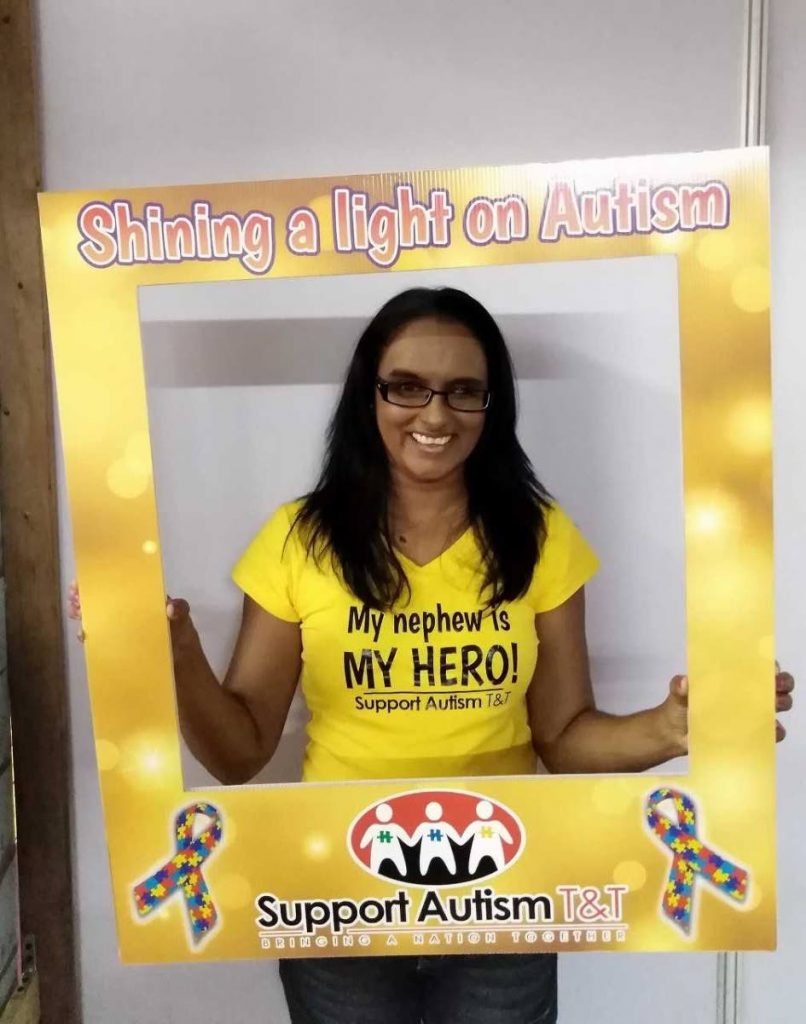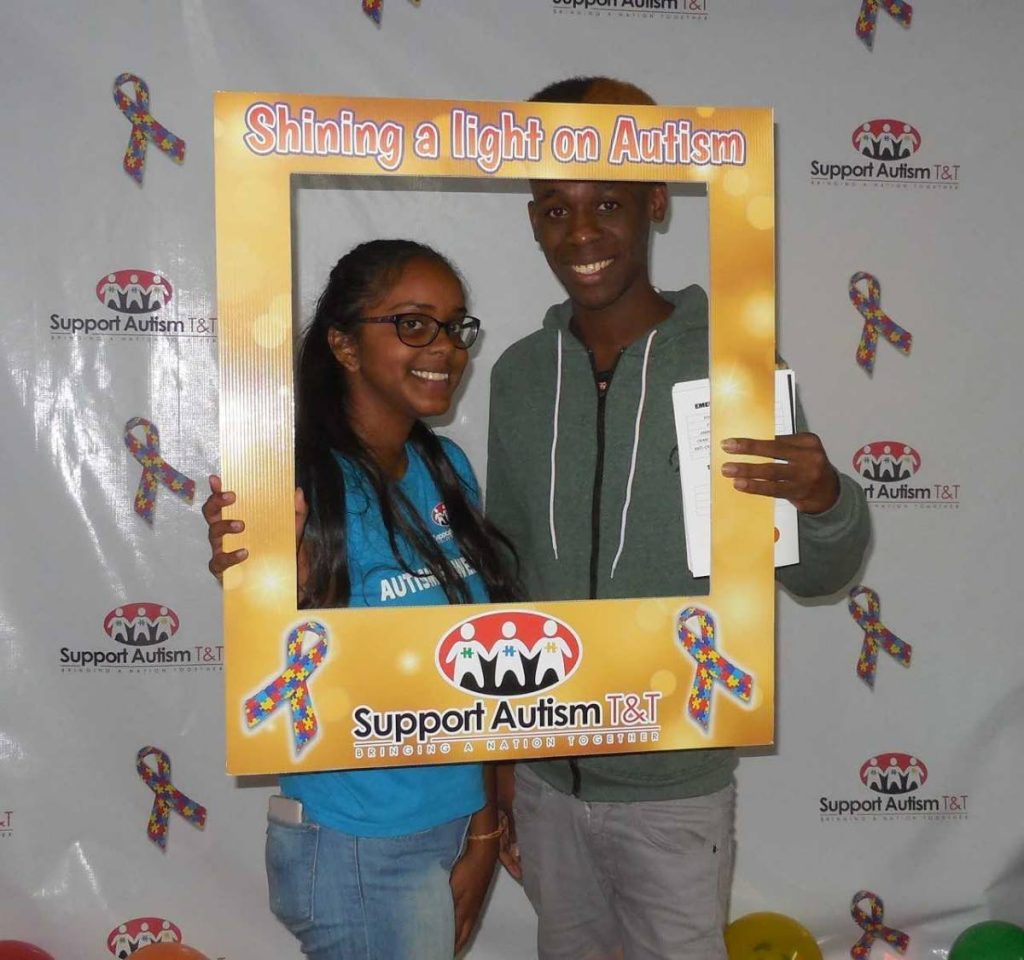Shining a light on autism

DR RADICA MAHASE
“I came looking for you all because I think my nephew has autism. He is seven years old, he doesn’t speak and because of his behaviour his parents had to take him out of school. He’s been home for the past year and he’s getting more and more frustrated and he behaves very aggressively and they can’t handle him. The parents refuse to accept that something is wrong; they keep saying he is developing later than other children and they are not trying to help him. What to do?”
These were the words of someone who visited our Autism Outreach Booth at the Divali Nagar in Chaguanas this week.
This is the normal story that we have been getting since we started this outreach three years ago. Most visitors come seeking information about the signs of autism or to confirm that the signs they are seeing in their children, or the children of relatives and neighbours, are actually signs of autism. Many people who visit our booth are families desperate to find out how to diagnose a child they think might be on the spectrum. And, even more of them are just desperate to find help for their child; they want to know about schools and therapy and activities for their children.

It is heartbreaking to tell people, during the nine nights, that there are not many opportunities available for their loved ones; that the government has not put anything substantial in place to cater to this group of people who are marginalised in our society and that they, the parents and relatives, have to become their child’s biggest advocate.
It is heart-warming, however, to see people’s interest in autism/special needs even though they do not know anyone with special needs. Many want to know how they can interact with and help those with autism. This is a sign that awareness is now becoming a reality and with awareness comes acceptance and hopefully, inclusion. It is a sign that people are willing to see those with autism for who they are, and not who they want them to be or expected them to be. It is a sign of hope for the future; hope that inclusion of those with special needs will become a normal aspect of life in TT.
For those who want to know how to help those with autism and special needs, let’s start with Divali. We can make this Divali a safer and more fun experience for individuals with autism and other special needs in our community:
Keep fireworks, fun snaps, etc to a minimum or get rid of it totally if you live near to anyone with autism. Many individuals with autism have sensitive hearing and the loud sound could be very painful to them. Also, many of them are scared of the loud noises.
Protect special needs individuals from the flames of the deya – many children with autism and other special needs are unaware of dangers and might not realise that they can get burn if they touch the flames.
Give them some space to enjoy themselves – so many special needs individuals, such as those with autism; do not feel comfortable in crowds. This does not mean that they are anti-social or unfriendly. It simply means that they need a certain amount of personal space to feel comfortable and they will enjoy themselves more when they are in a comfortable environment.
Don’t expect those with special needs to enjoy what everyone else is enjoying. They have their own specific likes and preferences and they should be allowed to enjoy what they like and not what everyone else likes. A good example can be seen with the food that is so prevalent during this festive period. Many people with autism and other special needs have very specific dietary preferences and if they do not want a particular food, then just leave them alone.
Remember that many people with autism have a specific routine that they might follow. Do not pressure them to do something outside of their routine if they do not want to. If they show no interest in the celebrations or anything else, that’s fine. They are celebrating in their own unique world.
There is space for everyone to celebrate our festivals and occasions in the way they know and like best. Let’s shine a light on autism this Divali and always. Happy Divali TT.
Dr Radica Mahase is founder/director, Support Autism T&T

Comments
"Shining a light on autism"